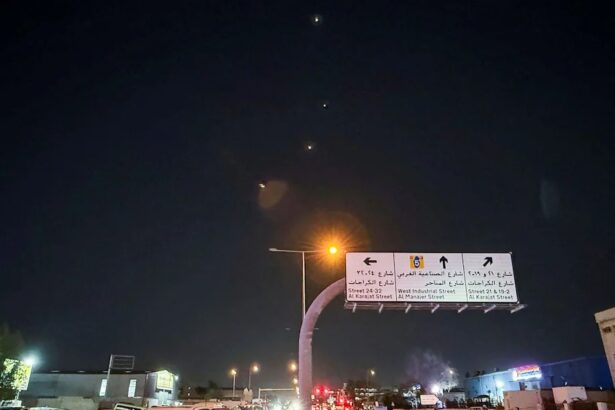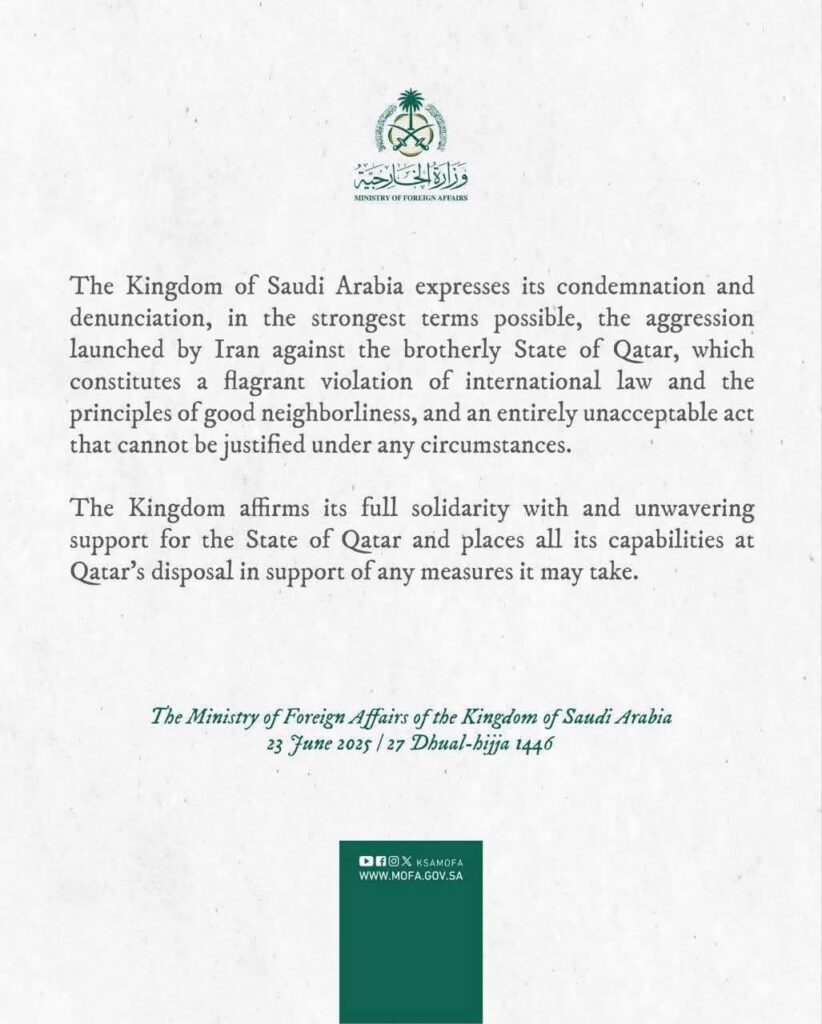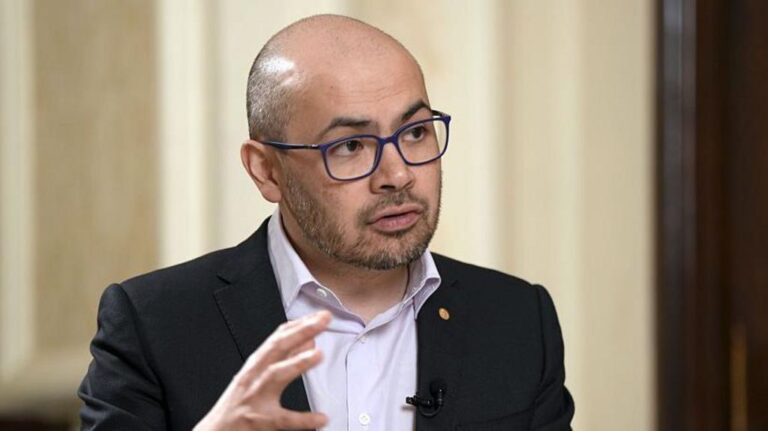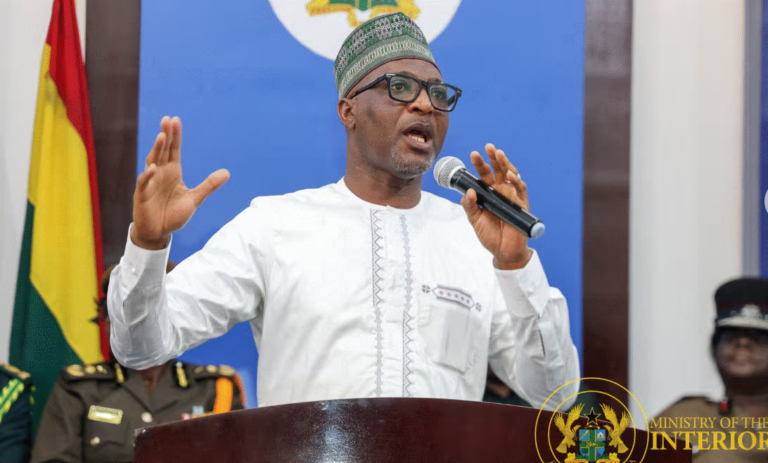
Saudi Arabia condemns attack on Qatar by Iran after Tehran launched ballistic missiles towards al-Udeid Air Base on 23 June 2025. In a statement from its Foreign Affairs Ministry, the Kingdom described the assault as a “flagrant violation of international law” and vowed full support for Qatar.
Details of the Incident
On Monday night, Iran fired a salvo of short-range and medium-range ballistic missiles towards al-Udeid Air Base, located some 35 kilometres south-west of Doha. That installation serves as the forward headquarters for United States Central Command and hosts around 10 000 US and allied personnel. Qatar’s air defences, assisted by Patriot missile batteries provided by the US, intercepted the incoming rockets before they could inflict casualties or significant damage.
In its press release dated 23 June, Saudi Arabia said the attack targeted “the brotherly State of Qatar” and broke basic tenets of good neighbourliness. The Kingdom condemned Iran’s action “in the strongest terms possible” and offered all available support to Doha, including defence cooperation and emergency assistance if required.
Regional Response
Qatar’s Emir, Sheikh Tamim bin Hamad Al Thani, called the missile launch “an unprovoked act of aggression” and thanked partner nations for their swift response in neutralising the threat. The Pentagon confirmed there were no US casualties. General Michael Kurilla, head of US Central Command, praised Qatar’s air defence systems and coordination with coalition forces.
In Europe, French President Emmanuel Macron diverged from Washington by refusing to endorse the US strikes on Iranian nuclear sites that preceded this missile exchange. Macron argued that diplomatic and technical measures remain the only legitimate path to prevent Iran from developing nuclear weapons. Germany and the United Kingdom issued more balanced statements. Both countries reiterated their support for Qatar’s security while urging de-escalation and a return to multilateral negotiations with Tehran.
Historical Context
Tensions between Iran and the Gulf states have risen sharply since late May. The crisis began when the US and Israel conducted air strikes on Iran’s Fordow, Natanz and Isfahan nuclear facilities, prompting Tehran to retaliate. Al-Udeid Air Base has long been a strategic hub for operations in the Middle East, including missions in Syria and Iraq. It also hosts Qatar’s own air force assets and remains a symbol of close military ties between Qatar and Western powers.
Saudi Arabia and its Gulf Cooperation Council partners severed diplomatic relations with Iran in 2016 after attacks on the Saudi embassy in Tehran. While some GCC members have since resumed limited dialogue, relations remain tense. Riyadh’s unequivocal support for Qatar in this instance signals a rare moment of unity among Gulf states regarding Iranian aggression.

Legal and Strategic Implications
Under the UN Charter, an unprovoked attack on the territory or forces of another state constitutes a breach of collective security obligations. Saudi Arabia’s denunciation emphasised Iran’s disregard for international law and urged the United Nations Security Council to take action. Some legal experts suggest that this incident could form the basis for sanctions or a formal resolution condemning Iran’s use of ballistic weaponry against civilian-adjacent targets.
Strategically, the incident highlights Iran’s growing missile capabilities. According to open-source intelligence, Iran has deployed Zolfaghar and Fateh-110 missiles capable of precision strikes up to 700 kilometres. Gulf states have invested heavily in layered air defence networks, including US-supplied Patriot PAC-3 systems and domestic radar enhancements, to counter this threat. Analysts warn that any further escalation could draw in external powers and risk broader conflict in an already volatile region.
Next Steps for Gulf Security
In the wake of the attack, Qatar has convened a meeting of the Gulf Cooperation Council’s security committee in Riyadh. Member states are expected to discuss joint air defence drills, intelligence sharing and ways to reinforce maritime security in the Persian Gulf. Saudi Arabia has offered to host additional Patriot batteries on its territory and conduct joint exercises with Qatar and other allies.
At the same time, Gulf leaders are renewing calls for reviving the 2015 nuclear agreement with Iran, known as the Joint Comprehensive Plan of Action. While the US withdrew from that accord in 2018, European signatories and Iran have intermittently explored a revival. Gulf diplomats argue that a strengthened nuclear deal could reduce incentives for military brinkmanship.
Impact on Civilian Population
For Qatar’s citizens and expatriates, the attack was a stark reminder of regional vulnerability. Air raid sirens sounded across Doha, prompting thousands to seek shelter. Schools and businesses suspended operations for several hours. The government has activated emergency hotlines and made crisis counselling available.
Public sentiment in Qatar and neighbouring states has been largely supportive of the government’s handling of the crisis. Social media in the region has trended with messages of solidarity under hashtags such as #QatarStandStrong and #GCCUnity. Meanwhile, efforts are underway to streamline communications and ensure that civilians receive timely alerts in any future incidents.



